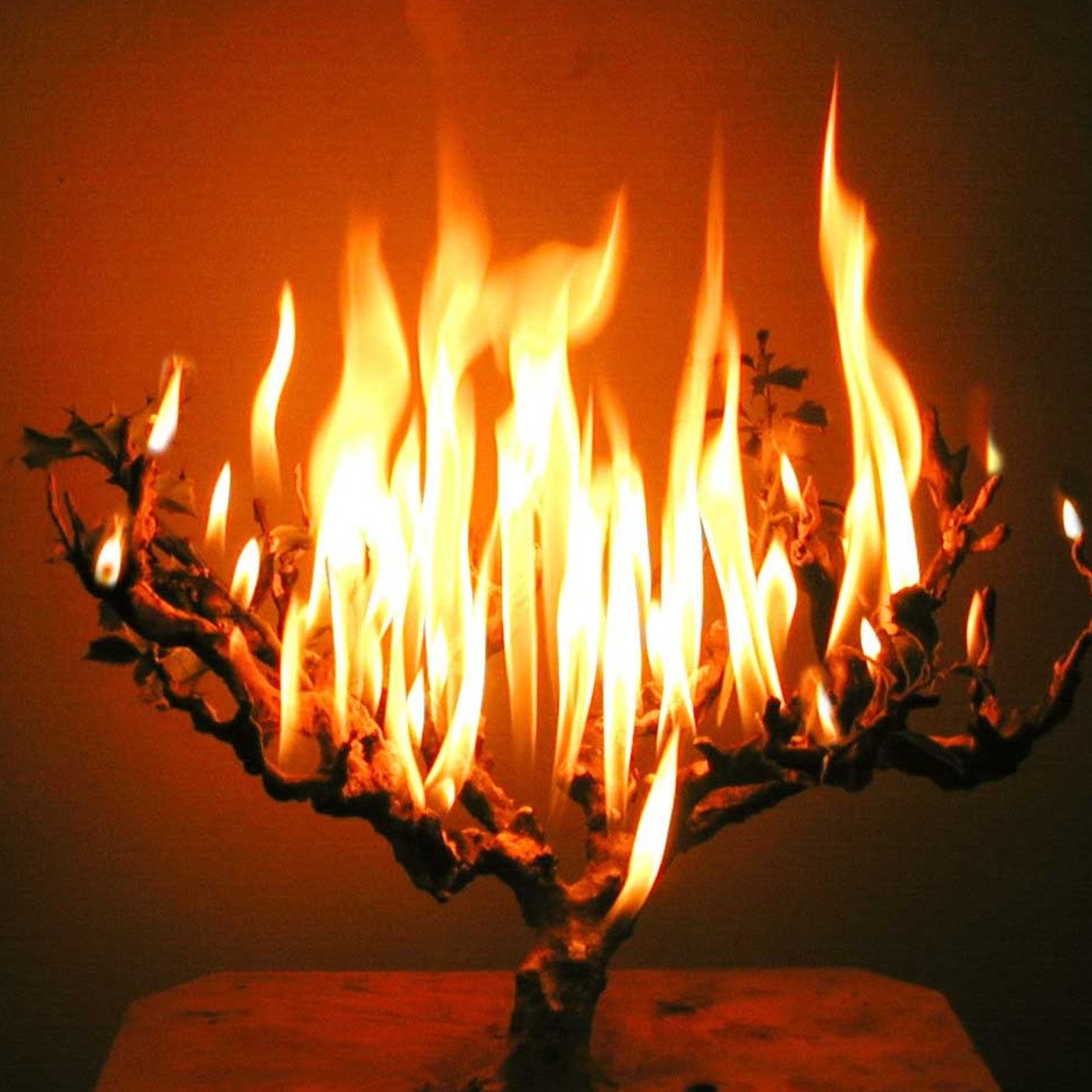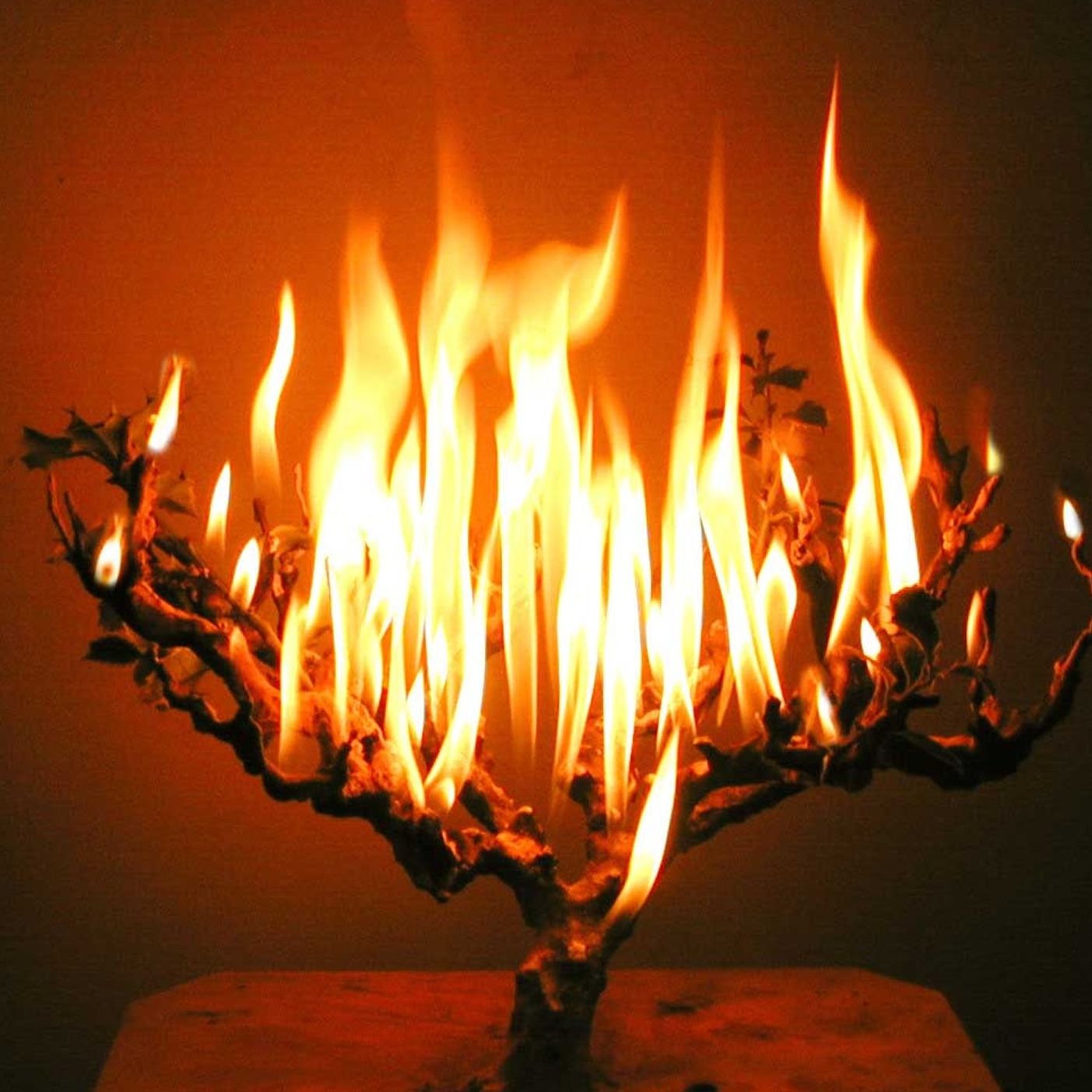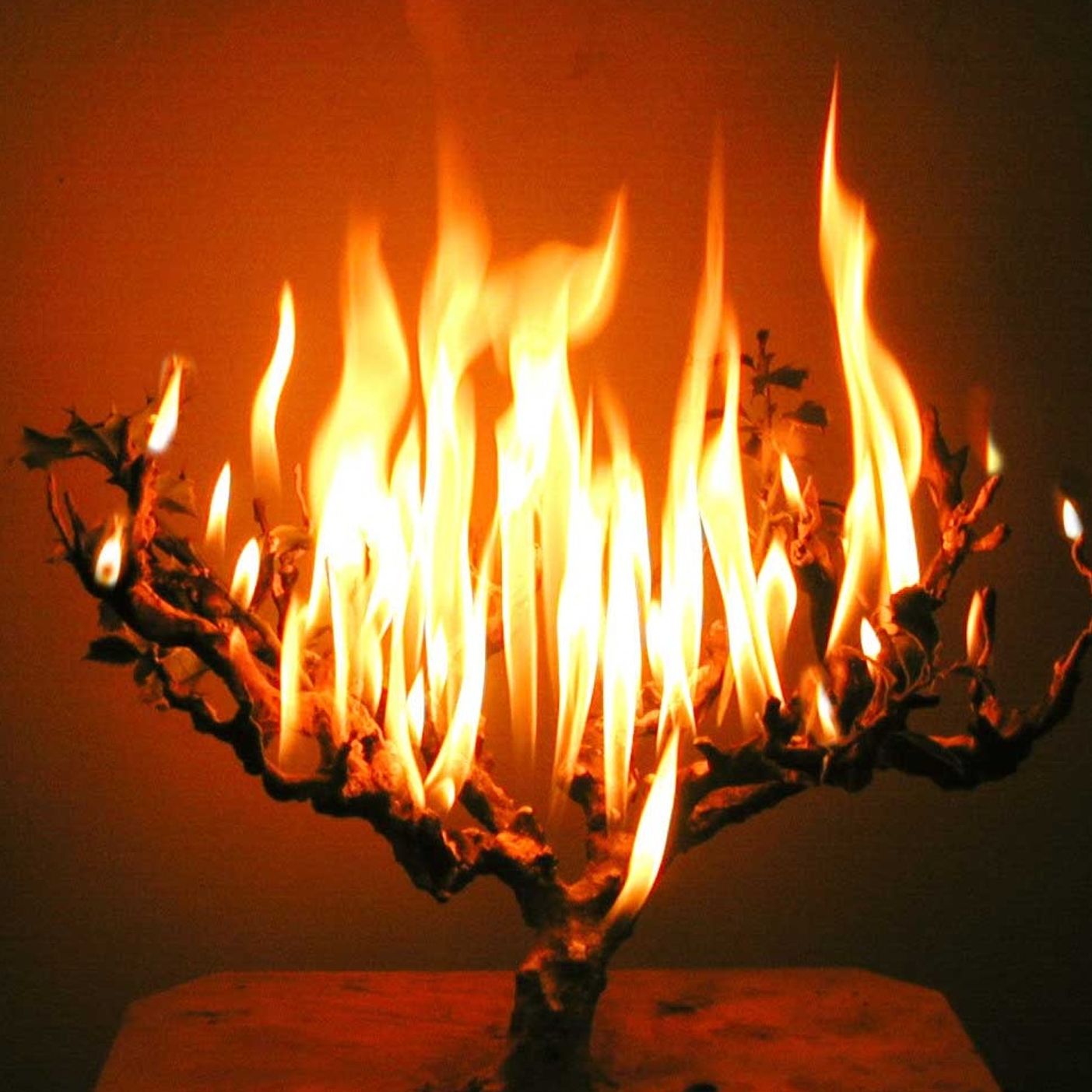Friday, December 26, 2025
Are Birkot HaShachar and Asher Yatzar to be Recited Standing or Sitting?
Thursday, December 25, 2025
The Playlist/Podcast of Audio Shiurim on the Entire Yerushalmi is Complete on You Tube!
https://www.youtube.com/playlist?list=PLXhYlGVtIOa8KYeCVztC0GWRtvc2s2jR3
Sunday, December 21, 2025
Rischa D'Araisa Season 12 Episode 16: Zos Chanukah Special: Steadfast Despite Hatred and Threats - After Bondi Beach - Trump's Ugly Reiner Response - The Legacy of Rav Yitzchok Abadi z"l - The Victory of Norman Podhoretz (I was out of town and did not participate in this episode of the podcast.)
I was out of town and did not participate in this episode of the podcast.

Rischa D'Araisa Season 12 Episode 16:
Zos Chanukah Special:
Steadfast Despite Hatred and Threats - After Bondi Beach - Trump's Ugly Reiner Response - The Legacy of Rav Yitzchok Abadi z"l - The Victory of Norman Podhoretz
Thursday, December 18, 2025
Rav Kook on why he writes...
Rischa D'Araisa-Season 12 Episode 15: From Oppression, Cold and Darkness, the Light of Creativity Emerges
Rischa D'Araisa Season 12 Episode 15:
From Oppression, Cold and Darkness,
the Light of Creativity Emerges
Wednesday, December 17, 2025
Ben Yeshiva: Pathway of Aliyah - Jewish Action, My Review
Ben Yeshiva: Pathway of Aliyah

By Rabbi Ahron Lopiansky
Eshel Publications
2024
388 pages
Reviewed by Rabbi Yosef Gavriel Bechhofer
Baruch Hashem, the yeshiva population has grown immensely, and the ability of rebbeim to relate personally to each of their talmidim is strained. Consequently, many talmidim unfortunately do not have a close relationship with a rebbi. Furthermore, even bachurim who have a close relationship with their rebbeim may feel hesitant or uncomfortable discussing certain topics. In any case, hopefully this sefer will serve as a springboard for discussing vital issues with rebbeim. (Preface to Ben Yeshiva: Pathway of Aliyah, p. xxix)
Among Rabbi Ahron Lopiansky’s several explanations for why he has written Ben Yeshiva: Pathway of Aliyah—a book on matters that were once conveyed verbally in direct interactions between rebbeim and talmidim—this seems the most significant. In many cases, the issue stems from yeshivahs becoming increasingly large and impersonal. Yet even among smaller yeshivahs, this phenomenon is prevalent. I once taught in a yeshivah high school where an administrator reminded me to bear in mind that the yeshivah was built on a philosophy emphasizing distance between rebbeim and talmidim. Other institutions are concerned about the propriety of close relationships between rebbeim and students—some of which have indeed been found to cross appropriate boundaries while others were simply misunderstood or misconstrued. Shabbos meals or Shabbatonim with a rebbi, which in the past were integral and even essential components of the yeshivah’s educational program, are often frowned upon or no longer allowed.
Rabbi Lopiansky, rosh yeshivah of the Yeshiva of Greater Washington and the author of numerous scholarly works in Hebrew and English, opens the sefer with a profound reflection on the differences between prior generations (mine included) and the current one. In the not-so-distant-past, a young man inclined toward dedicating himself to Torah growth often found himself struggling against a milieu—and even a community—that, though observant, was not particularly sympathetic to his aspirations. While yeshivah high school and even a year in Israel had become de rigueur, a longer-term commitment to Torah study was frequently met with ambivalence, if not outright discouragement, by parents and others. To commit to serious growth in Torah required the young man to be, in Rabbi Lopiansky’s terms, omed al da’ato—to develop a unique self-awareness and independent identity that would serve as the foundation for his holistic pursuit of self-development in Torah. Today, when the dedication of several or even many years toward Torah growth is self-understood or at least tolerated in much broader circles, that dedication may become rote and lack the self-awareness and independent identity that genuine struggle requires. Rabbi Lopiansky’s first chapters are meant to help the student realize that his years in yeshivah are a journey of self-discovery and development of self.1 The place—the yeshivah—and its unique environment are no less an essential part of this journey than the Torah studied therein.
After clarifying that point, the author proceeds to spend several chapters dealing with the actual learning that takes place within the yeshivah. The book thoroughly examines the nuances of a classic Lithuanian Talmud-focused yeshivah experience, including b’iyun (in-depth learning) and bekiyus (learning to acquire broader knowledge), learning b’chavrusa (with a study partner), the lost art of writing and the even rarer phenomenon of testing. The amount of time and effort to be invested in other areas of Torah, such as halachah, Chumash and musar, is considered as well. Separate sections on different forms of public speaking cover the very distinct skills of delivering a “shtickel Torah” versus a “devar Torah.”
Rabbi Lopianksy . . . does not shy away from deftly addressing behaviors such as smoking and drinking as well.
The book then moves on to areas that are less frequently addressed in the yeshivah world—and in Orthodox circles in general: “Building an Emotional Connection with Hashem,” “Tefillah” and “Regesh and Inspiration.” Observant Jews of all ages—especially if they are not from communities where emotional connectedness is more central to religious life—must grapple with questions about the appropriate measure of intensity in these areas of our avodas Hashem.
Here is a small example of one of the many fundamental points made in these chapters: When we sit down to sing or stand up to dance to the words of a niggun, we need to ask ourselves, “What do the words mean to me? Does this tune fit the message of the words? Or, if it is a niggun without words, “What are my emotions expressing? Is the tune bringing out a deeper sense of things, or is it simply exciting the body?”2
In Part II, “Building Upwards,” Rabbi Lopiansky poses a question on Ramchal’s statement in the Mesillas Yesharim that “man was created for the sole purpose of being ‘misaneig’—receiving pleasure—from Hashem”3: “Why is this man’s core mission? Why is it not ‘to serve Hashem’ or ‘to make the world a better place?’”4
The author must begin by clarifying which types of pleasure Ramchal did not mean to be encompassed in his statement. In a later chapter, he provides a nuanced analysis of how the pleasure of eating fits into avodas Hashem.5 It is to Rabbi Lopiansky’s credit that he does not shy away from deftly addressing behaviors such as smoking and drinking as well. This then leads into the greatest challenge in the inappropriate pursuit of pleasure that confronts the contemporary yeshivah bachur: that of improper thoughts and behavior. The author understands the generation. After elaborating on our temptations and tests, he writes:
This means that talmidim today have a far more difficult time in this area than bachurim of previous generations.6 The upshot of this reality is that instead of feeling guilty every time we fail, we should feel proud of every success that we have!
In a brief chapter dealing with “Addictive Behavior and Technology,” Rabbi Lopiansky concludes with a surprising (though to me, gratifying) note of caution against following professional sports, because the investment of time, mental energy and emotion can hinder one from succeeding as a ben aliyah.7
The book then turns to the character traits essential for achieving greatness, acknowledging the individualized nature of that pursuit, and concludes fittingly with the pursuit of harbatzas Torah (teaching and disseminating Torah) as a representative of Hashem and His Torah.
The entire work is full of classic references, with the major ones translated and the ancillary ones left in the original Hebrew. Most significantly, the principles are illustrated with meaningful vignettes and anecdotes, many drawn from the illustrious author’s rich treasure trove of personal encounters and experiences, making for a truly engaging masterpiece.
Who is the book’s audience? The work is suitable even for a slightly precocious young man entering high school. It is certainly appropriate for older high school students, and of course, its intended readers are talmidim embarking on post–high school yeshivah learning. However, adults—including older adults—will gain much from the profound thoughts and ideas that emerge from Ben Yeshiva. Ultimately, Ben Yeshiva serves as a timeless guide for spiritual growth and personal refinement.
I would like to end with a challenge. Some years ago, I reviewed in these pages the wonderful book for men navigating the working world, Making It Work: A Practical Guide to Halacha in the Workplace by Rabbi Ari Wasserman. I noted that it would be of great benefit for the Jewish people to possess a similar book geared toward women in the workplace. Rabbi Wasserman rose to the challenge and produced, together with his wife, Miryam Wasserman, the equally wonderful companion volume, Making It All Work: Women Surviving and Thriving at Work. Rabbi Lopiansky serves as the rabbinical consultant for many girls’ schools. I look forward to his writing (perhaps with a suitable co-author) the companion volume to Ben Yeshiva, a work of guidance for the Bas Yisrael.
Notes
1. There is no good term in English to describe the process that these yearsrepresent. There is, however, a term for it in German, Bildung. “Bildung is a German word for education, cultivation, personal formation and character, emotional and moral development, and maturation combined. Definitions abound, and we will never be done with exploring and defining them,” https://www.nordicbildung.org/lexicon/what-is-bildung/.
2. This is an issue that requires a separate analysis. Many years ago, a popular Orthodox Jewish singer took theniggun of a lewd (but catchy) German disco/rock song, “Genghis Khan,” and put Yiddish lyrics to the tune. When the song was played at weddings, the crowd would often break from the standard “Yeshivish shuffle” circle dancing into a more complex line dance. To me, this harks back to the origins of the tune and suggests that it is more about exciting the body than awakening the soul. I was once at a wedding where Rabbi Aharon Schechter, zt”l, the rosh yeshivah of Mesivta Rabbeinu Chaim Berlin, was dancing. When he danced at a wedding, an ethereal look would suffuse his face, and at that moment, the band happened to be playing this tune. I pointed out to a talmid of mine standing next to me the jarring dissonance between the sound of the music and the look on the rosh yeshivah’s face.
3. One could quibble over translating “al Hashem” as “from Hashem” rather than “upon [his relationship with] Hashem,” but that is not germane to our discussion.
4. In a later chapter, the author deals briefly with the all-important concept oflishmah (for its own sake). It would seem apropos to quote the well-known Rabbi Avraham min Hahar and the Eglei Tal who explain that to learn Torah (and to do mitzvos) lishmah means to enjoy the learning and performance and find pleasure in them.
5. One might have hoped for some reference to the ever-expanding set of occasions where kugel and/or cholent have become essential components of the event. At some point, someone will hopefully address this form of indulgence, which seems to have become excessive—and is unhealthy.
6. Of course, while this work is addressed tobachurim, this statement applies to men of all ages.
7. See the exchange between Rabbi Mayer Schiller and me on spectator sports andavodas Hashem in the “Letters to the Editor” section of The Torah U-Madda Journal, vol. 7 (1997).
Rabbi Yosef Gavriel Bechhofer, a frequent contributor to Jewish Action, is a rav, rebbi and dayan.
Thursday, December 11, 2025
Traveling on Hanukkah
Wednesday, December 10, 2025
Rischa D'Araisa Season 12 Episode 14: Submitting to Authority and Defying the Rule of Law (I was out of town and did not participate in this episode of the podcast.)
I was out of town and did not participate in this episode of the podcast.

Rischa D'Araisa Season 12 Episode 14:
Submitting to Authority
and Defying the Rule of Law
Monday, December 08, 2025
Chanukah: To Demonstrate and Reveal the Miracle
Tuesday, December 02, 2025
Rischa D'Araisa Season 12 Episode 13: Derech Eretz, Derech Eretz, Wherefore Art Thou? (I was out of town and did not participate in this episode of the podcast.)
I was out of town and did not participate in this episode of the podcast.

Rischa D'Araisa Season 12 Episode 13:
Derech Eretz, Derech Eretz,
Wherefore Art Thou?
Thursday, November 27, 2025
Rischa D'Araisa Season 12 Episode 12: Three Courses and Dessert: Remembering Rabbi Jay Marcus, Settler Violence, Ponevezh Decision, Rabbi Boruch Chait's Anthem







